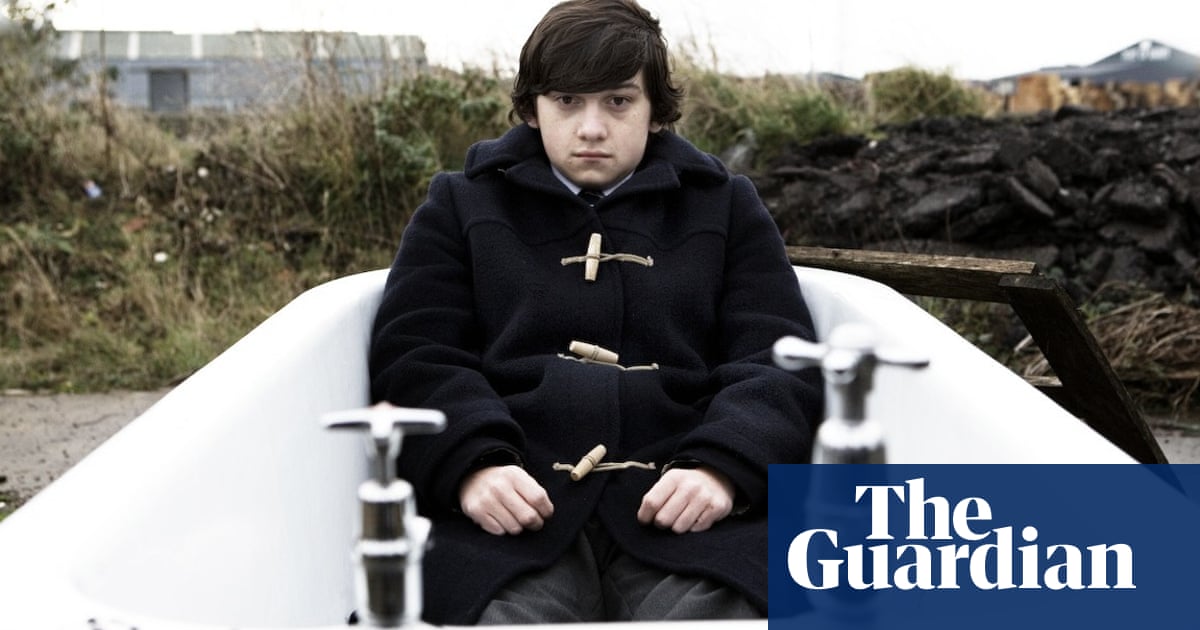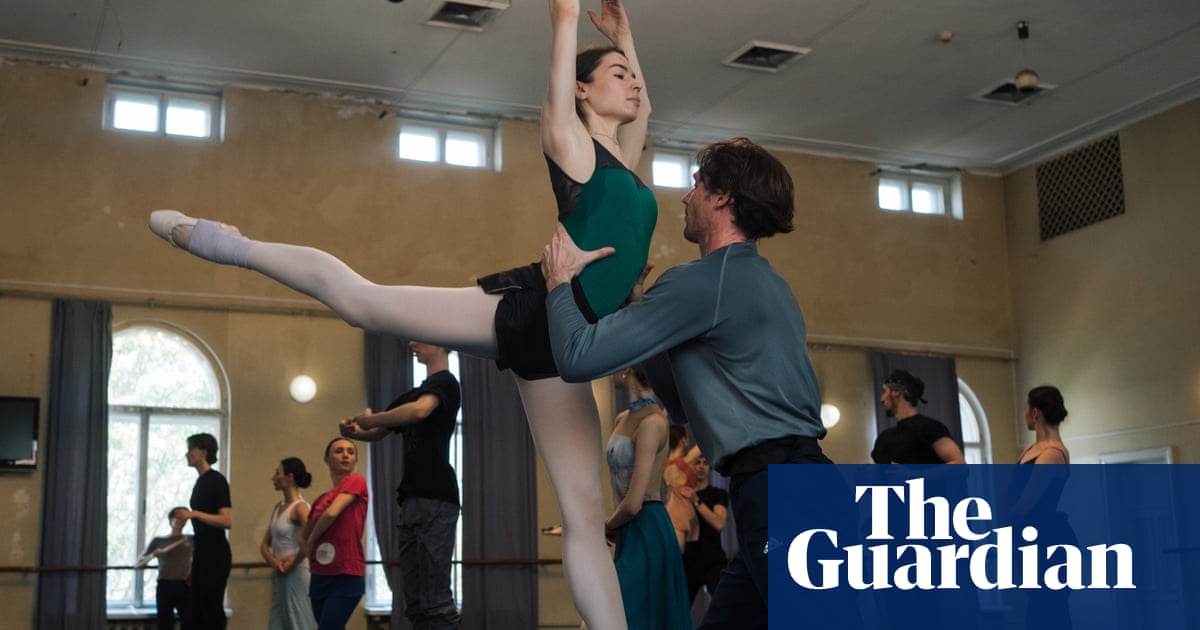This cult 1960 Polish film is a political absurdist nightmare from director Kazimierz Kutz, written for the screen by Józef Hen and featuring a clamorous, disturbing orchestral score by composer Wojciech Kilar (later to win awards for his music for Coppola’s Dracula and Polanski’s The Pianist). It feels like a European new wave picture by Antonioni or Resnais, but has something of the romantic travails of Franz Kafka, and even appears to anticipate the coming vogue for paranoia thrillers.
Like Andrzej Wajda’s Ashes and Diamonds from 1958, but weirder in tone, this is about a man who is part of the Polish anti-communist underground insurgency, who refuses to carry out an order to kill a communist. It was therefore a subject congenial in 1960 to Polish and Soviet authorities, but also a subject that speaks to a very complex part of the Polish mind. Refusing to kill a leftist is good … but wasn’t it the leftists, in the Molotov-Ribbentrop pact, who invaded Poland in 1939 at the same time as Hitler and helped start the war in the first place?
Bozek (played by Henryk Boukołowski) is a young man who just after the war comes to a small town in western Poland, one of the territories recovered from the Germans, which needs workers to settle there. Like so many others, Bozek has no ID, no papers, but plenty of secrets (his being that the anti-communists are after him for his dereliction of murderous duty). In this rough part of Poland’s new wild west, maybe he can reinvent himself; in one startling shot, while Bozek is queueing at a government department to get official permissions, we can see through a window a fistfight in the street happening in eerie silence.
Almost immediately, Bozek embarks on a chaotic series of gloomy romantic encounters: teacher trainee Lucyna (Zofia Marcinkowska) comes to see him at the flyblown cottage he has rented by the river, and even her kid sister Alicja (Laura Debicka) seems enamoured of him. These flirtations co-exist with flirtations with Olga (Halina Mikolajska), the manager of the winery where he works, and also her employee Niura (Barbara Krafftówna), a widow with a young son and elderly mother. Perhaps Bozek thinks that marrying any one of them and settling in this place will make him a non-moving target for his vengeful erstwhile comrades, one of whom does indeed show up. The dialogue is strange and stylised, like a spoken chamber opera.
It can only be heading one way: for Bozek to escape again and head out as impulsively and anxiously as he arrived. He could be a metaphor for Poland’s own ambivalent attitude to its situation as a Soviet client-state – a wish to escape from history and from its own servitude. An eerie, opaque reverie.

 3 months ago
57
3 months ago
57

















































